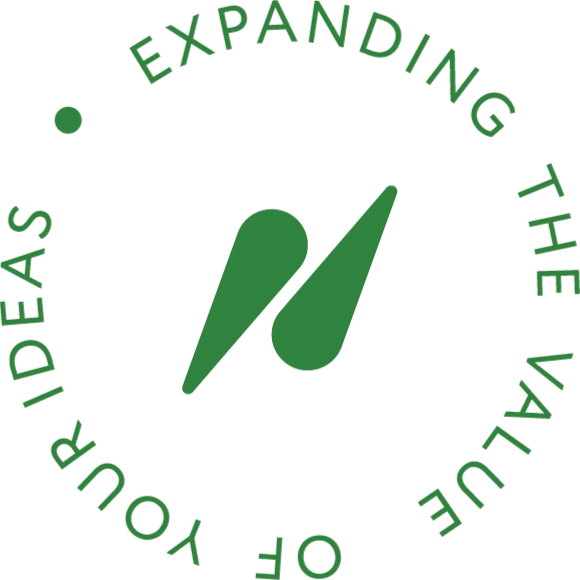In 2024, the Eurasian Patent Office (EAPO) saw remarkable growth, receiving 3,252 Eurasian applications for inventions and granting 2,908 patents.
There was a notable increase in the number of applications submitted directly to the EAPO, which accounted for 22% of all filings in 2024. At the same time, the number of applications filed through the national patent offices of the EAPO member countries also increased, amounting to 17% of the total number in 2024.
The United States emerged as the most active applicant, representing 29.4% of all patent applications at the EAPO. Meanwhile, China’s interest in securing Eurasian patents surged, with a 9.7% increase in patent applications and a doubling of submissions for industrial designs. As a result, China has secured its position among the top three applicants, alongside the United States and Russia.
Applications from EAPO member states also saw an 18% rise compared to 2023. The EAPO received a certificate confirming that its quality management system meets the international standard ISO 9001:2015, underscoring its commitment to world-class quality at every stage of processing Eurasian applications.
A new initiative, the Eurasian Patent Prosecution Highway Program (EA-PPH), has been developed and launched on January 1, 2025. This program involves participation from the national patent offices of Azerbaijan, Belarus, Russia, and Tajikistan, aiming to streamline patent searches and examinations while reducing costs for both offices and applicants.
The EAPO also significantly increased its output, preparing 1.5 times more examination work products as an International Search Authority (ISA) and International Preliminary Examining Authority (IPEA) under the Patent Cooperation Treaty (PCT) compared to the previous year.
Over 93% of correspondence related to the patent process is now conducted electronically.
Looking ahead, Grigory Ivliev, the President of the Eurasian Patent Office, stated that the Eurasian Patent Office will continue to expand the range of intellectual property protections available under the Eurasian Patent System. Notably, the introduction of the Eurasian utility model will simplify patenting processes for entrepreneurs and researchers. Additionally, the registration of Eurasian trademarks will create new opportunities for companies looking to broaden their international presence.
If you have any questions or need our assistance in obtaining IP protection through EAPO, please do not hesitate to contact us at info@patentica.com.
